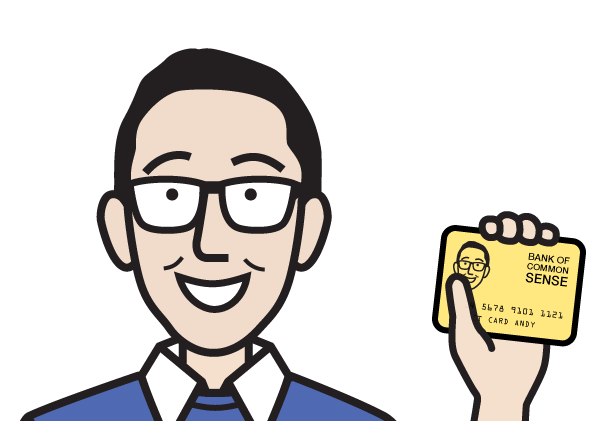Before I understood credit cards, I was afraid of them. My parents told me to avoid them at all costs. The media told me that credit card companies were evil. Even the government took action recently by enacting the Credit CARD Act of 2009.
I’m here to tell you that the credit card is a misunderstood tool.
It’s true. If you’re reckless with credit or don’t know what you’re doing, you could do some permanent damage.
On the other hand, if you understand credit cards and use them wisely, you can reap lots of benefits. Knowledge and familiarity is the key difference.
Recent History of Credit Cards
Over the past few decades, there has been a sudden increase in usage in credit. According to a study by Georgetown University on credit card debt, total consumer debt has grown “nearly five times in size from 1980 ($355 billion) to 2001 ($1.7 trillion)” In 2010, that figure stood at $2.4 trillion. More debt means more instances of default and bankruptcy.
If you’re in college now and are wondering, “Where are my free frisbees and t-shirts?” Well, those are gone thanks to federal regulation. In 2009, the United States government enacted the The Credit Card Accountability Responsibility and Disclosure Act. It effectively removed credit card companies from college campuses by creating higher barriers to credit approval and restricting giveaways of the infamous bank-branded gifts (CreditCards.com).
The Credit CARD Act of 2009 was probably warranted. Clueless students were signing up for credit cards left and right.
What to Expect
I want to be very clear here, and I will probably make this point many times again. Credit cards are only beneficial if you are responsible with them.
If you are someone who tends to overspend or go on shopping sprees, be very careful. You should think of your credit card almost like a debit card. Never spend more than what you have. If you follow this rule religiously, you will be in great condition. You might have access to $2,500 thanks to your credit card, but if you only have $1,000 in the bank, don’t spend more than $1,000 on your credit card.
On a similar note, you should also probably avoid credit cards if you don’t have a reliable stream of income. If you are only 50% sure you will have $1,000 in the bank by the time your credit card bill is due at the end of the month, then you may not want to use a credit card. If you are lucky enough to have parents who either fully support all your expenses or can quickly transfer you funds before your bill is due, then you can comfortably charge that $1,000 to your credit card.
Next Post
Continue to follow the blog so you can make an informed decision for yourself on whether you think you should get a credit card or not.
Next post, I’ll go into the differences between debit cards and credit cards.
